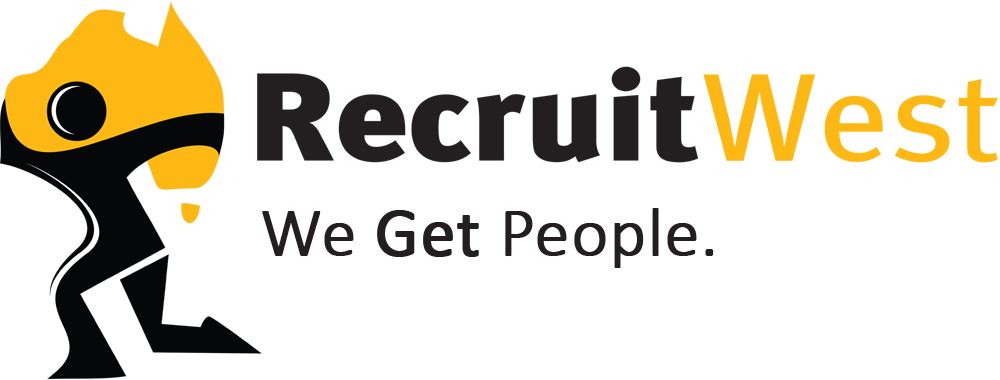By some estimates, your career will take up around 80,000 hours of your adult life—and, whichever way you look at it, that’s an enormous amount of time. Little wonder then that most of us are preoccupied with figuring out the right career: how can we invest our own 80,000 hours in a way that feels meaningful, leads us toward our goals, and taps into our natural interests and talents?
Unfortunately, there’s no straightforward answer to these questions. However, that doesn’t mean you’re on your own: in this article, we’ll cover five things you can do to increase the chances that you’ll find a career that fits.
Commit to considering what’s really important
Research has shown that, when making major life decisions, people are often led astray by considerations that, in the long run, turn out to have little bearing on their future happiness. This is certainly true when it comes to careers. For example, you may set out to identify a low-stress career that promises high pay and taps into your passions. There’s just one catch: surprising though it may seem, these factors alone won’t necessarily lead you to job satisfaction.
So, what does? According to the experts, if you’re looking for a career that makes you happy, then you should aim for six things:
- Work that you find engaging
- Work that involves helping others
- Work that allows you to achieve ‘mastery’ (i.e. work that you can become very good at)
- Work that you can do alongside supportive colleagues
- Work that fits with your other priorities (for example, raising children or completing personal projects)
- Work that allows you to avoid major negatives, such as instability, unfair pay, and unmanageable commute times
There is still a lot of room for customisation: for example what you find engaging will reflect your personality, and also determine which skills you’ll most likely feel motivated to master. Keep the above factors in mind when evaluating jobs: you might find yourself considering occupations that previously hadn’t won your attention.
Complete an online careers quiz (or three)
Now that you know what to consider when reviewing potential careers, it’s important to cast a wide net and figure out what your options are. Here, career quizzes can be invaluable: they’ll not only direct you to professions that match your interests and skills but also introduce you to options that you might not even have been aware of.
If you’re unsure where to start, consider the Australian Federal Government’s Careers Quiz or the O*Net Interest Profiler. There are quizzes that will suggest careers based on your Myers–Briggs Type Indicator and others that require you to consider your goals and ideal workplace.
Remember, it’s important to have reasonable expectations (i.e. a single quiz probably won’t match you to the perfect career) and trust only tests that are valid and reliable. This is all about simply exploring your options: if you need more personalised guidance, you might consider seeing a reputable careers counsellor.
Prioritise mastery over passion
You should do what you’re passionate about, right? Well… not necessarily. In his book So Good They Can’t Ignore You, the Georgetown University academic Cal Newport draws on recent research in psychology to argue that career satisfaction results primarily from the mastery of ‘rare and valuable skills’, not the pursuit of passion. The development and execution of such skills, he writes, is inherently fulfilling and leads also to greater career opportunities and autonomy.
After all, skills are also more likely to differentiate you than a passion: most employers, frankly, would prefer to hire the person who is best at a job over the person who is most enthusiastic about it. So, set aside, for a moment, the question of what you’re passionate about: instead, ask yourself what you’d like to become better than anybody else at doing.
Audition the careers that interest you most
80,000 hours of your life hang in the balance (or a sizeable proportion of it anyway)! This is no time to be flying blind. So, it’s well worth testing any assumptions you might have about possible careers. For example, you might think you’d enjoy being a corporate lawyer, but are you taking into account the day-to-day experience of a legal career or just the public victories?
To ensure you make a well-informed choice, it’s helpful to speak with people in your target careers: pepper them with questions until you have a fuller understanding of what a career might entail. If possible, ask to shadow them for a few days and pay close attention to how the experience makes you feel. How would you feel (and where might you be) after five weeks in those careers? What about five months? Or five years?
Don’t forget to plot a path towards your chosen career
Finding a career that excites you is one thing: preparing to enter it is another. Will you need to retrain? Return to university? Complete a postgraduate qualification? Move overseas? Learn a new language? How long will this take and will you be able to manage the transition alongside your current responsibilities? None of these considerations is designed to discourage you. Rather, it’s important to embrace a full awareness of what you may need to do in order to enter your target career. Only then can you truly commit to changing your life in a way that could lead, over time, to a much greater degree of happiness and satisfaction.


